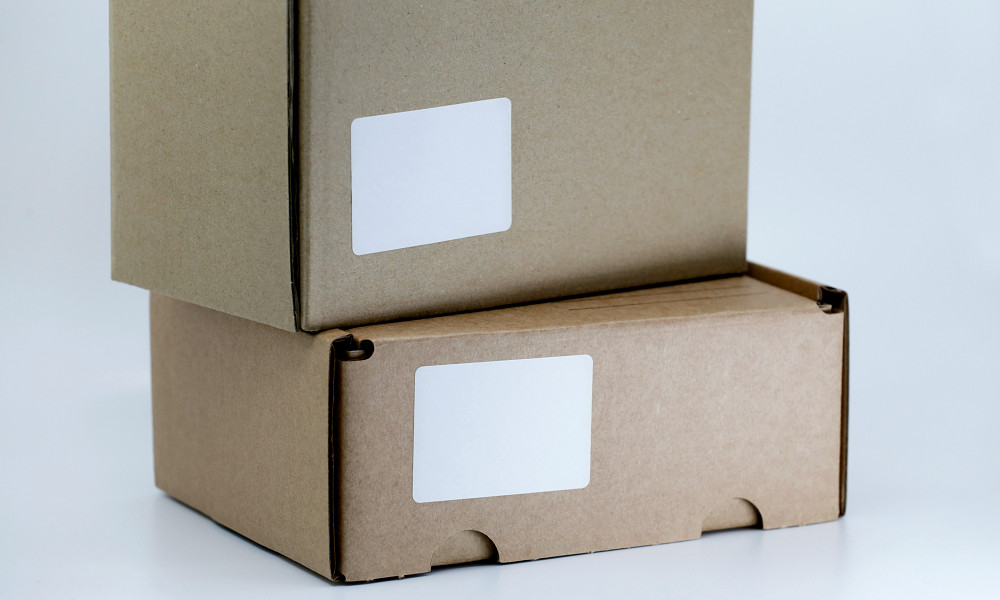Reviews
The Ultimate Guide to Choosing the Perfect Cardboard Box for Your Product

Packaging is far more than a protective shell for your product; it serves as a reflection of your brand’s values and an integral element of the customer journey. If customers like the package, their perception of your business begins to form. Well-designed packing doesn’t just safeguard the contents but showcases your attention to detail, elevates the product’s appeal, and creates a delightful unboxing experience.
However, with so many packaging options available, the task of choosing the right cardboard boxes can be daunting. Striking the right balance between functionality, aesthetics, and cost is key. This guide is designed to make the process simpler, providing practical insights to help you choose the best product packaging for your needs and audience.
Understand the Purpose of Your Packaging
The first step in selecting the proper packaging is defining its purpose.
- Are you shipping delicate items that require extra protection?
- Do you need a container that doubles as a marketing tool?
- Are you simply looking for a cost-effective way to transport goods?
Clearly understanding the purpose of your packing helps you focus on the features and specifications that matter most to your business and customers.
Choose the Right Size and Shape
Getting the size right is crucial. Oversized packaging waste materials add to shipping costs and may cause products to shift during transit, increasing the risk of damage. On the other hand, packing that’s too small might compress or damage your items. To ensure you select the optimal size and shape:
- Measure Your Product: Take precise measurements of the product’s length, width, and height.
- Account for Padding: Add extra space for any cushioning materials or inserts required for protection.
- Offer Multiple Sizes: If you sell various products, consider stocking multiple box dimensions to suit different needs.
- Explore Adjustable Options: Flexible packaging designs, such as adjustable cardboard boxes, can accommodate multiple product sizes.
- Balance Cost and Customisation: While unique shapes may enhance presentation, standard sizes are often more economical and easier to source.
Choosing the correct dimensions ensures your products are secure while optimising materials and costs.
Prioritise Material Strength and Durability
The material you choose for your packing should match the weight and fragility of your product. Sturdier options, such as corrugated designs, protect heavier or delicate items. Thinner materials might suffice without compromising the quality of lighter goods.
Evaluate how your packaging will be handled. Will it face rough shipping conditions or require stacking? If so, opt for reinforced materials that can withstand pressure. Additionally, explore recyclable or biodegradable alternatives if your brand emphasises environmental consciousness. Striking the right balance between durability and sustainability ensures your packing resonates with product needs and customer values.
Incorporate Branding and Aesthetic Appeal
Packaging is often customers’ first tangible experience with your brand, making it a powerful marketing tool. Custom designs, logos, or a unique colour scheme can help create a lasting impression. Consider how your packaging reflects your brand’s identity.
Minimalist designs might appeal to a luxury audience, while bold and colourful options could attract younger consumers. Think beyond visuals—texture, finishes, and even the feel of opening the package can enhance the unboxing experience. A well-designed box isn’t just functional; it’s an opportunity to tell your brand story and build a connection with your customers.
Balance Cost and Quality
Cost is always a factor, but it shouldn’t come at the expense of quality. Low-cost options seem appealing but could lead to damaged products, poor customer experiences, and additional costs in the long run.
Instead, aim for cost-effective solutions that don’t compromise durability or design. Purchasing in bulk is one way to save money, but ensure the designs and sizes align with your needs before committing. Investing in high-quality packaging from the outset minimises the risk of returns, replacements, and negative reviews—ultimately protecting your bottom line.
Sustainability Matters
As consumer awareness of environmental issues grows, sustainable packaging has become a priority for many businesses. Eco-friendly materials, such as recycled cardboard or biodegradable options, can help reduce your ecological footprint.
Sustainability isn’t just about the materials—it also involves reducing waste. Design your packaging to fit your product snugly, eliminating the need for excessive fillers. Reusable designs add another layer of value, showing your commitment to sustainability while appealing to eco-conscious customers.
Selecting the ideal packaging solution is more than just a practical decision—it’s an investment in your product’s safety, brand identity, and customer satisfaction. By carefully considering size, material, branding, and functionality, you can create packaging that protects your product and enhances the unboxing experience. Sustainable and cost-effective options add value, helping you align with modern consumer expectations. Ultimately, choosing the proper packaging reflects your commitment to quality and your product’s success.

-

 World1 week ago
World1 week agoEthiopian volcano erupts for first time in thousands of years
-

 Health2 days ago
Health2 days ago8 kittens die of H5N1 bird flu in the Netherlands
-

 Legal7 days ago
Legal7 days agoUtah Amber Alert: Jessika Francisco abducted by sex offender in Ogden
-

 US News6 days ago
US News6 days agoExplosion destroys home in Oakland, Maine; at least 1 injured
-

 Health7 days ago
Health7 days agoMexico’s September human bird flu case confirmed as H5N2
-

 Legal3 days ago
Legal3 days ago15 people shot, 4 killed, at birthday party in Stockton, California
-

 World7 days ago
World7 days agoWoman killed, man seriously injured in shark attack on Australia’s NSW coast
-

 Health6 days ago
Health6 days agoMarburg outbreak in Ethiopia rises to 12 cases and 8 deaths




